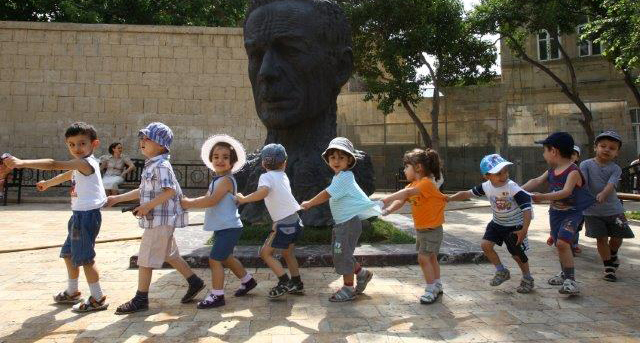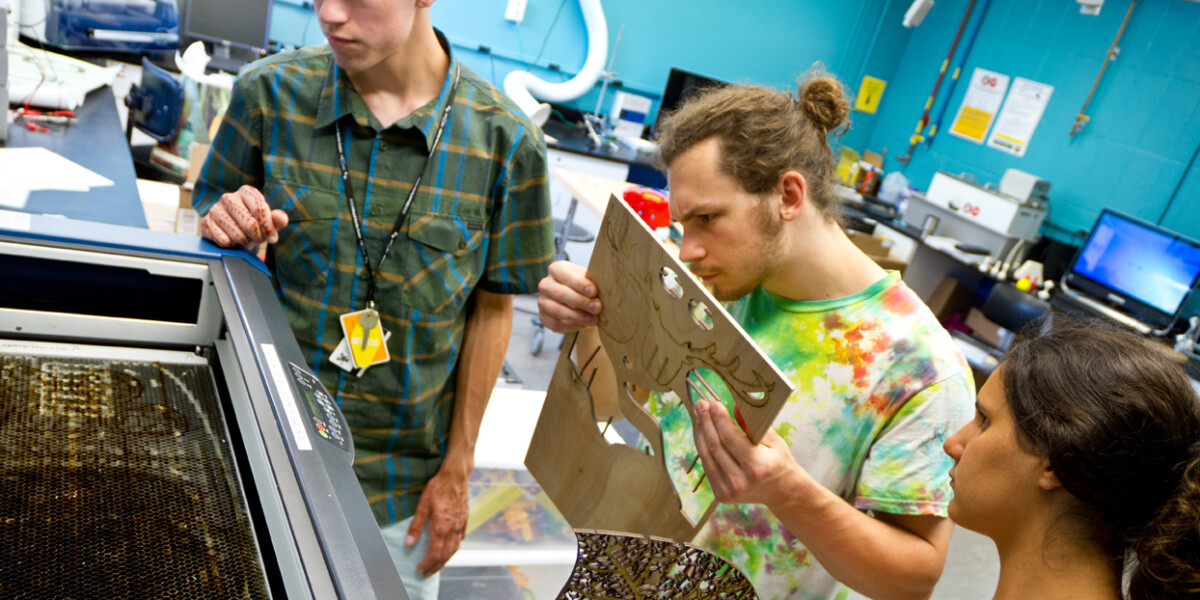By Kate Whitney
Parents and caregivers nationwide are struggling with their new role facilitating the remote academic development of their children due to the coronavirus pandemic.
But beyond the memes and jokes about the drink in mommy’s sippy cup, the transition from school to remote learning has many searching for strategies to foster a positive experience for everyone involved.
Educators Share Perspectives and Advice for Parents
UVM recently hosted a free webinar, Perspectives on Early- and Middle-Level Education in Disruption where we were joined by Juliet Halladay, Ph.D., M.Ed., Associate Professor in the Department of Education at UVM, specializing in elementary literacy teaching and learning; Hannah Luce, M.Ed., a 1st grade teacher at Cambridge Elementary School and UVM graduate student; Jessica DeMink-Carthew, Ph.D., Assistant Professor in the Department of Education at UVM and Program Coordinator, Middle Level Education; Jeremy DeMink, 7th & 8th Grade Social Studies/YPAR Teacher at Edmunds Middle School and UVM graduate student; and moderated by Deborah Rosenfeld, Ph.D., Senior Research Associate at Education Development Center (EDC), in order to discuss the successful support of young learners during this unprecedented time.
“Families are feeling a lot of pressure, fed into by social media, to be doing a lot of amazing and exciting things with their kids during this time, and that is tone deaf in that we are doing this against the backdrop of collective grief and anxiety and fear, and that our young learners are experiencing that as well,” DeMink-Carthew said. “We are very much in triage mode.”
“There is no guidebook for this. This is uncharted territory for all of us,” DeMink-Carthew continued. “I don’t think any of us are experts in remote learning during a pandemic, so we’re all in this situation of, like, building the plane while we’re flying it.”
“This is remote learning in crisis, not homeschooling,” added Halladay. “So if you’re feeling like you’re not prepared and you can’t be the teacher and do all that, that’s absolutely normal. Schools aren’t expecting you to be the teacher, we’re just expecting some support.”
For younger students who may not have hours of schoolwork assigned to them to keep them busy, opportunities to stay engaged in learning beyond their assignments can be as simple as dusting off some board games, video chatting with grandparents, or having your student participate in making dinner.
“The learning that’s happening at home can be organic, can be part of the everyday routine,” said Rosenfeld. “Learning can be a part of play and in the natural ways that kids and families are interacting.”
Halladay and Luce presented some key points and resources for young learners:
- Set realistic expectations and don’t worry if you can’t always meet them
- The role of parent(s) or caregiver(s) is to create structure and provide a supportive environment, not to be the teacher
- Students need social and emotional support, not just academic support, so offer down time, personal connections, and lots of patience
- Provide a language-rich home environment that includes talking, open-ended questions, and book discussions; encouraging print and digital literacy and early math learning through games, writing, math apps, and programs
For middle school-aged learners, DeMink noted that middle level learners are developing executive functioning skills and that families might find it useful to help them plan and reflect on these skills, which include:
- Self-regulation—emotional management
- Attention—longer tasks
- Task initiation—starting a non-preferred task
- Organization—keeping track of things and organizing ideas
- Planning and prioritizing—mapping out and ordering tasks
- Time management—knowing how much time a task will take
Encouraging self-advocacy and learning from their mistakes is paramount. Both DeMink and DeMink-Carthew underlined the importance of allowing your middle schooler some autonomy in organizing their time and work, providing the non-judgmental space for them to discover the best strategies for them, and checking in to talk about what’s working (and what’s not), problem solving together if needed, and staying focused on the big picture—your child’s physical/social/emotional health, knowing that they are loved and that you are there for them, and with a positive self-image intact.
Emotional Well-Being Before Academics
“Remember that support and attending to their needs is the priority above the actual concrete learning that might be coming from the school,” Rosenfeld said, noting that families have to make personalized decisions about time, resource, and energy management/allocation. In other words: there’s no one-size-fits-all approach to working and schooling from home during a pandemic.
Above all, be gentle to yourself and your child(ren) as you adjust to this new situation.
“If it’s not working, it’s not working,” Halladay said. “This is not normal and we’re all going through things and processing it differently. If ever there was a time for extra understanding and patience, this is it.”
Additional Resources for Parents:
Resources for Early and Middle Level Learners and Families
Daily at-Home Learning Planner




